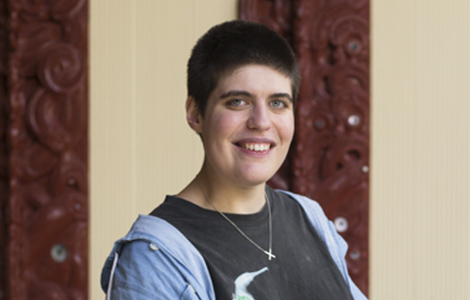Compulsory Treatment Orders
The effects of a compulsory treatment order
What does it mean to be under a compulsory treatment order?
Mental Health (Compulsory Assessment and Treatment) Act 1992, s 59, 62
If you are placed under a compulsory treatment order, you have to accept treatment for the first month of the order. This means that you can be treated without your consent.
After the first month of the compulsory treatment order, you do not have to accept treatment unless:
- you agree to it in writing, or
- the treatment is considered to be in your interests – this will be decided by an independent psychiatrist appointed by the Review Tribunal (see: “Reviews and appeals”), or
- you need emergency treatment and it is not possible to get your consent.
What happens if I refuse to have treatment?
Mental Health (Compulsory Assessment and Treatment) Act 1992, ss 40, 41, 122B
If you refuse to have treatment or to go to a place for treatment, reasonable force can be used to give you the treatment or take you to the treatment place. If necessary, DAOs and responsible clinicians can ask the police to help. If force is used, this must be recorded, and a copy of the record must be sent to the Director of Area Mental Health Services.
If you are unhappy about the way you have been treated, you can complain to:
- a district inspector, and
- if the police were involved, the Independent Police Conduct Authority (see: “Police powers”).
Can I be made to have electro-convulsive therapy or brain surgery under a compulsory treatment order?
Mental Health (Compulsory Assessment and Treatment) Act 1992, ss 60, 61
Special rules apply to the use of electro-convulsive therapy (ECT). You cannot be required to undergo ECT unless:
- having had the treatment explained to you, you consent to it in writing (you can withdraw consent at any time), or
- the treatment is considered to be in your interests by an independent psychiatrist (who is not your responsible clinician) appointed by the Review Tribunal.
Brain surgery is rarely performed today. There are special requirements because this treatment is so intrusive and irreversible. You cannot be made to undergo brain surgery unless:
- you have consented to it in writing (you can withdraw consent at any time), and
- the Review Tribunal has looked at the case and is satisfied that you gave the consent freely and understood the purpose and likely effect of the surgery, and
- the surgery is considered to be in your best interests by:
- your responsible clinician, and
- an independent psychiatrist appointed by the Review Tribunal, who has consulted at least two other health professionals concerned with your care.
Mental Health (Compulsory Assessment and Treatment) Act 1992, s 88
Note: Brain surgery for mental disorder must not be performed on a person who is under 17 years old.

